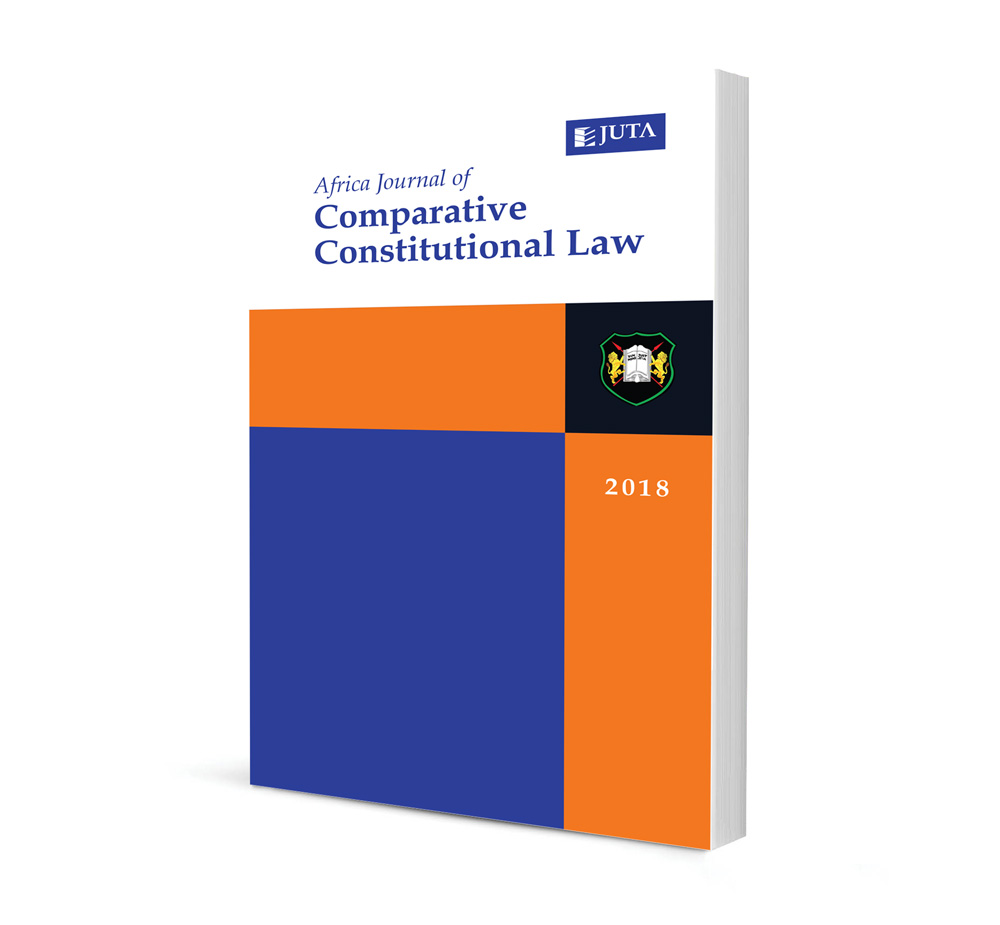
Barring County Governors from Office in Kenya: The Use of National Values and Principles in Constitutional Interpretation
Authors: Francis Khayundi and Mwimali C Ongaro
ISSN: 2521-5434
Affiliations: Lecturer, United States International University, Africa; Candidate, Advocates Training Programme, Kenya School of Law Candidate
Source: Africa Journal of Comparative Constitutional Law, 2019, p. 129 – 136
Abstract
The scourge of corruption has permeated all levels of government, with anecdotal accounts referring to ‘devolved corruption’, used to explain the fact that corruption has been rampant in the counties since the introduction of devolved governments in 2013. Where corruption flourishes, development and the rule of law fail. It is therefore essential that the government and other stakeholders take concerted measures to tackle corruption. Despite efforts to respond to this challenge, not much has managed to deter the vice. However, in the recent past, courts have made rulings that raised questions about what should happen when governors are on trial for corruption. The decisions of the courts have drawn mixed reactions from different quarters. There are those who believe the rulings by the courts amount to the unconstitutional removal of elected governors as they do not follow the laid-down procedure in the Constitution and other relevant laws. To others, the decisions are a timely and adequate response to the scourge of corruption. It is against this backdrop that this case review analyses the two cases of Moses Kasaine Lenolkulal v Director of Public Prosecutions and that of Ferdinand Ndungu Waititu Babayao v Republic [2019] eKLR which had similar outcomes in barring the accused governors from accessing their offices while corruption investigations were ongoing. The authors argue that the courts’ approach was progressive and in line with the 2010 Constitution of Kenya.